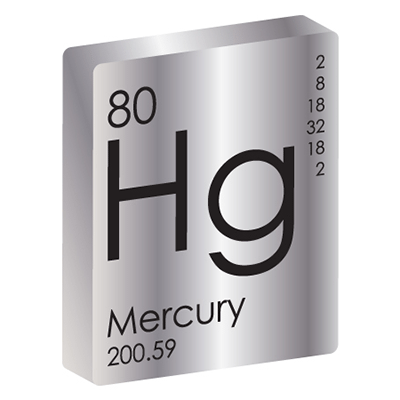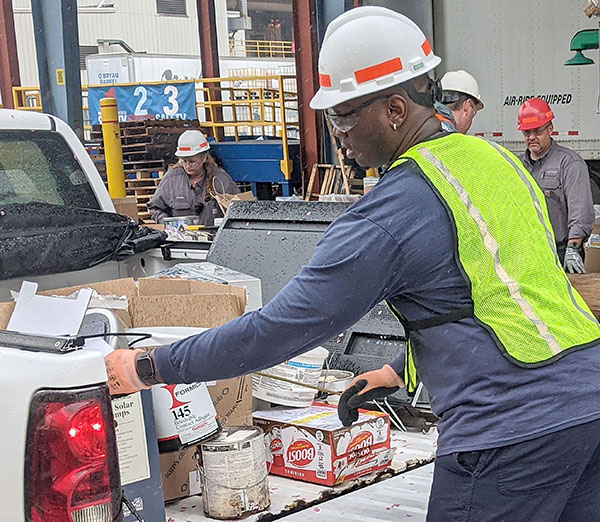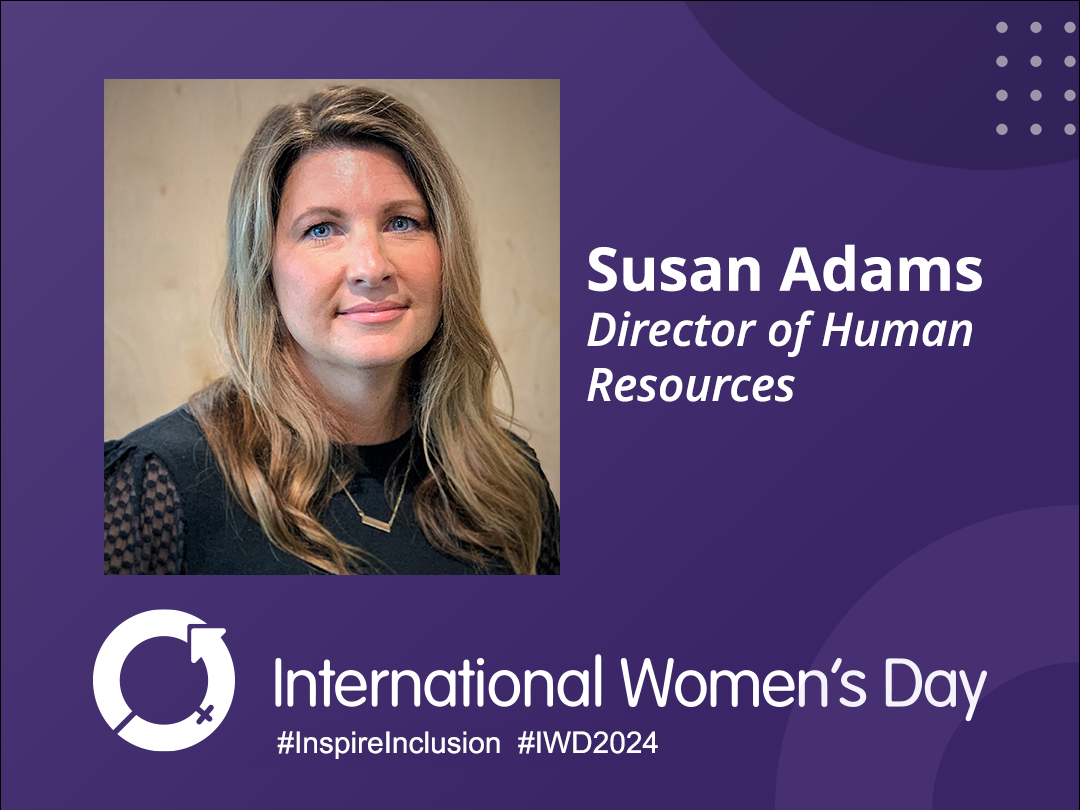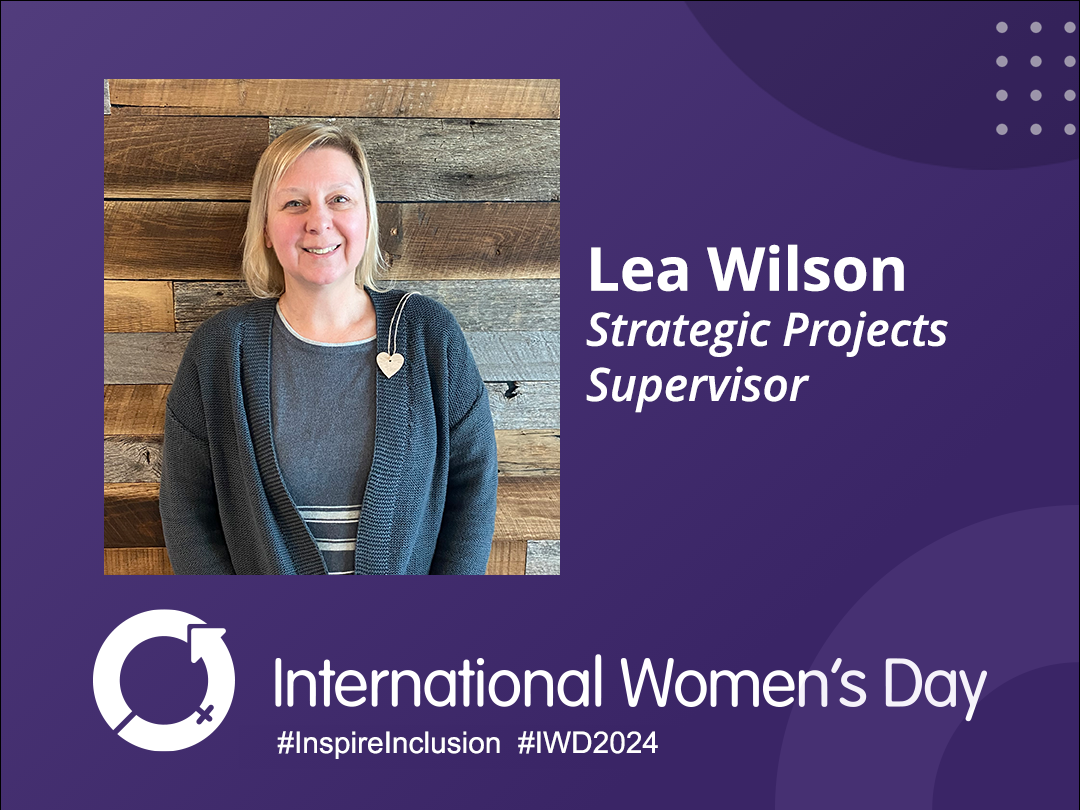
On January 1, 2013, the prohibition of the export of elemental mercury becomes effective as required by the Mercury Export Ban Act of 2008 (MEBA) which prohibits the export of elemental mercury from the United States to other countries.
Use of mercury in the world market has continued as a result of the free trade of commodity grade elemental mercury. Much of this mercury is used in “artesian” gold mining operations in countries without health and environmental standards found in the United States. The U.S. Congress intended to reduce mercury availability worldwide by banning the export of U.S. mercury. The export ban will result in a surplus of commodity mercury exceeding domestic demand. A provision in MEBA requires the U.S. Department of Energy (DOE) to provide for the long-term storage of the surplus produced domestically from mercury recycling programs and companies.
After January 1, 2013 storage will be at a select few commercially operated facilities that are granted permission to store beyond the one-year limit typically imposed by land ban regulation. Long-term storage of elemental mercury will eventually be conducted at a facility constructed and operated by the Department of Energy (DOE). Under MEBA, the DOE is allowed to assess a storage fee that can be increased annually. The location, design, and long term storage fees associated with the DOE facility have not been determined by the federal government.
What does MEBA mean for Heritage Environmental Services, LLC customers?
Heritage will continue to transport and accept mercury containing materials as Universal Waste or Hazardous Waste in its many forms; elemental, contained in devices and products such as fluorescent light bulbs, amalgams, contaminated debris and soil, mercury salts, and aqueous solutions containing mercury. Once collected and/or concentrated, Heritage sends this material to retort facilities for further processing which is a requirement under the land disposal restrictions imposed by Resource Conservation and Recovery Act for mercury containing waste material exceeding 260 mg/Kg of mercury. Retort results in mercury being converted back to its’ elemental form, which as previously mentioned, is primarily exported out of the United States. As a result, most all mercury managed by Heritage is affected by MEBA to one extent or other.
What are the known impacts at this time?
- Providers to Heritage of retort and other processing services have indicated that they will be imposing storage fees for any elemental mercury received after December 31, 2012. These fees are of indefinite duration.
- Treatment prices for hazardous waste streams containing mercury or devices contaminated with mercury will increase beginning on January 1, 2013, because elemental mercury produced by the retort process will be subject to the export ban. While we cannot fully quantify the price increases at this time, we will provide updates based on your mercury-containing waste streams as soon as possible and/or provide information as you interact with your Account Representatives and Account Coordinators.
- It is possible that recycling activities associated with mercury containing materials may no longer be considered recycling under EPA regulatory programs.
What is unknown to Heritage?
- The date that the DOE will have completed construction and begin operation of the long-term storage facility.
- The fees imposed by the DOE for long term storage of elemental mercury now and into the future.
What are some of the common materials likely affected by MEBA?
- Elemental mercury
- Elemental containing devices; switches, barometers, relays, thermometers.
- Elemental mercury containing medical devices.
- Fluorescent lights, CFL, and mercury vapor bulbs
- Batteries
- Amalgams and alloys
- Chemical compounds and solutions such as; Oxides, chlorides, and nitrates.
- COD test reagent
- Pharmaceuticals containing mercury
- Fungicides and disinfectants
- Laboratory reagents and waste
- Spill related debris and soil
*Despite being exempt from the ban, many of these materials will be subject to higher prices for treatment beginning in 2013.
More News From Heritage
-
6/27/24
Heritage Environmental Services to Acquire EBV from General Dynamics
Heritage Environmental Servicess, an EQT Infrastructure portfolio company, will acquire EBV from General Dynamics
-
6/13/24
Meet The Facilities – East Liverpool
An inside look at our incineration facility located in East Liverpool, OH
-
5/24/24
Habitat for Humanity 2024
Heritage hosted our 14th annual Habitat for Humanity build this month, partnering with over 50 employees from various THG companies.
-
5/6/24
Date set for the household hazardous waste collection in East Liverpool, Ohio
-
3/12/24
Equal Pay Day – Spotlighting Our Female Drivers
-
3/8/24
International Women’s Week Spotlight – Shannon Dippel
For International Women's Week, we're spotlighting some of the incredible women in the Heritage family. Our final spotlight is Shannon Dippel.
-
3/8/24
International Women’s Week Spotlight – Susan Adams
For International Women's Week, we're spotlighting some of the incredible women in the Heritage family. Our sixth spotlight is Susan Adams.
-
3/7/24
International Women’s Week Spotlight – Lea Wilson
For International Women's Week, we're spotlighting some of the incredible women in the Heritage family. Our fifth spotlight is Lea Wilson








